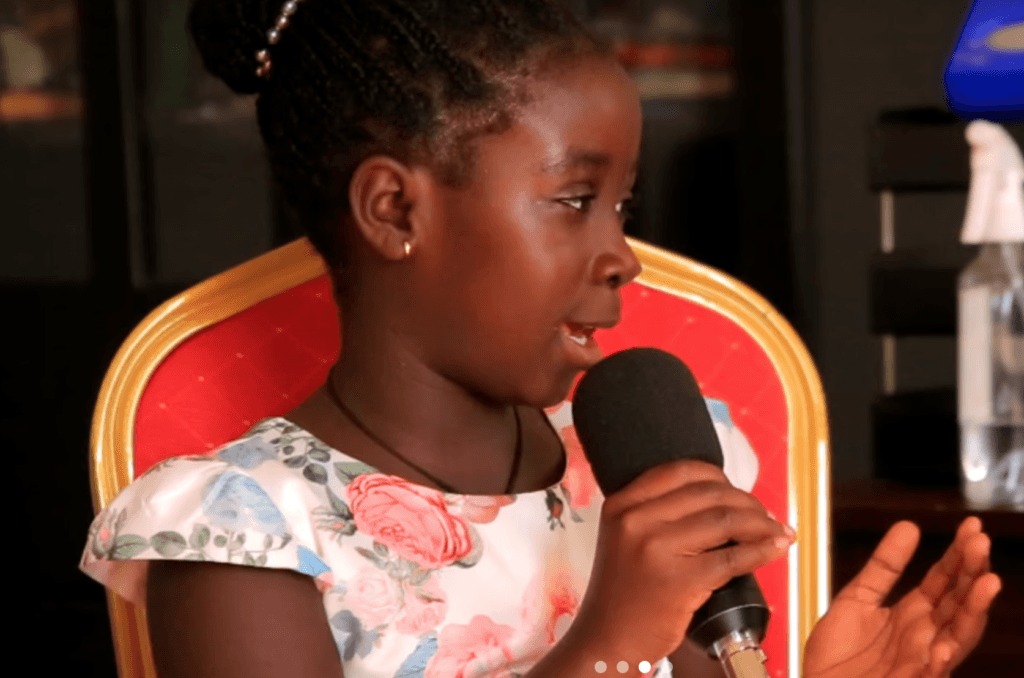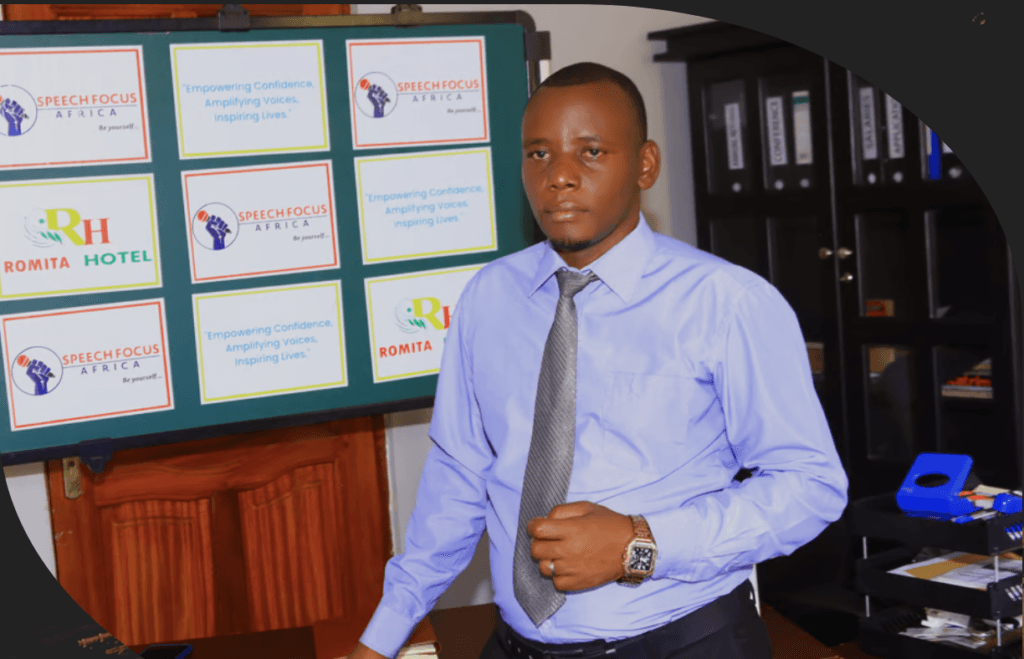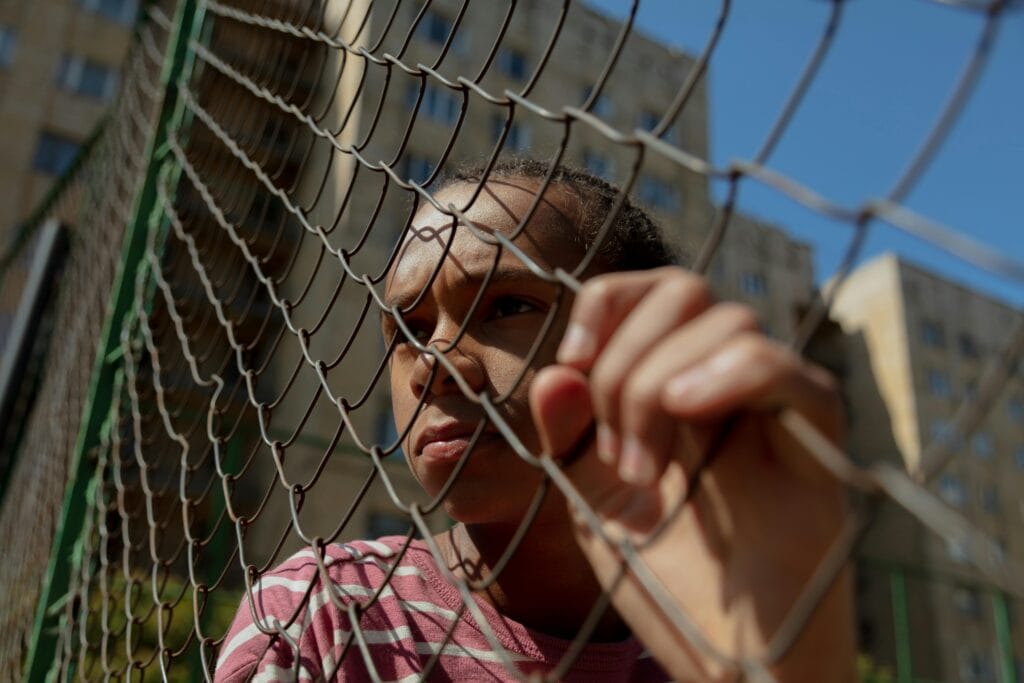
Bridging the Gap Between Gifted and Less Gifted Learners
In my years as an educator and public speech trainer, I have seen a troubling pattern unfold in many schools: The celebration of gifted students while the less gifted or slow learners are sidelined. Schools take pride in showcasing their best and brightest, those who grasp concepts quickly, articulate thoughts fluently, and perform exceptionally in public presentations. But what about the quiet ones? The ones who struggle to find their voice? The ones who, with the right guidance, could develop confidence but instead are left in the shadows?
It is an uncomfortable truth: schools, teachers, and even parents unknowingly neglect the children who need support the most. The emphasis on academic excellence and the pressure to maintain a polished school image come at a cost, the erosion of self-esteem, confidence, and potential in less gifted learners.
Contact me for individual training, teacher training sessions or children’s public speaking sessions

The Systematic Neglect of Slow Learners in Favour of Gifted Learners
In many schools, the selection process for speeches, debates, and class presentations follows the same pattern: pick the best, the most articulate, the fast learners. Why? Because they will impress parents and visitors. They will make the school look good. But at what cost?
I remember being invited to a school where students were preparing for a debate competition. A group of students, hand-picked by the teachers was training rigorously. I noticed a boy sitting silently in the corner, his eyes filled with longing. When I asked why he wasn’t participating, he shrugged, “I don’t speak well. They don’t’ always select me, they pick the best ones.”
This is not just one case. It happens everywhere. Schools are unintentionally sending a message: Only the naturally gifted deserve to be heard. The rest should stay silent.
Albert Einstein once said, “Everybody is a genius. But if you judge a fish by its ability to climb a tree, it will live its whole life believing it is stupid.” How many children in our schools today feel exactly like that fish?
Read my previous post “How Schools Are Killing Children’s Creativity and Confidence”
The Psychological Impact: Killing Confidence Before It Grows
When a child is constantly overlooked, it affects more than just their academic performance, it shapes their self-worth.
- They start believing they are not good enough.
- They fear speaking up, convinced they will fail.
- They avoid challenges, thinking they are meant for “better students.”
- They carry this self-doubt into adulthood, affecting their careers and relationships.
I have met professionals who struggle to express themselves in meetings, who are terrified of public speaking, who shy away from leadership positions, not because they lack intelligence, but because, in school, they were taught to be silent observers. The roots of low confidence start young, and unfortunately, schools play a role in planting them.
Contact me for individual training, teacher training sessions or children’s public speaking sessions
What Can Schools, Teachers, and Parents Do?

For Schools:
- Give opportunities to all, not just the best. Rotate students for presentations and public speaking roles, allowing slow learners to develop their confidence.
- Train teachers to nurture, not just select. Instead of only refining the skills of gifted students, teachers should help struggling students improve.
- Redefine “excellence.” Schools should measure success not just by grades but by progress. A child who improves from being too shy to speak to answering questions in class is just as successful as one who wins a debate competition.
- Look not on perfection but progress: Schools should encourage children to progress but not perfect because failure to perfect by low achievers leaves them demoralized with no reason as to why they should keep pushing.
The good news? We can change this. Schools, teachers, and parents must shift their mindset and create an inclusive environment where every child, regardless of their learning speed or natural abilities, feels valued and empowered.
For Teachers:
- Encourage participation from every student. If a child struggles to express themselves, guide them gently instead of sidelining them.
- Provide a safe space for making mistakes. Slow learners often fear embarrassment. Teachers should create a culture where trying is valued more than perfection.
- Use different teaching methods. Some students learn visually, others through practice. Adapting teaching techniques can help slower learners absorb information effectively.
For Parents:
- Recognize effort, not just achievement. Praise your child for trying, even if they are not the best.
- Build confidence at home. Let children express their opinions at the dinner table, encourage them to read aloud, and support their interests.
- Advocate for inclusivity. If your child is often left out at school, speak to their teachers about opportunities for them to participate.
A Call to Action: Every Child Deserves a Voice
Parents, refer to my previous article “Whereparents get it wrong: The overlooked gift of confidence”
Imagine a world where no child grows up feeling invisible. Where every student, no matter how fast or slow they learn, gets a chance to speak, to express, to shine. This is the world we must create.
The question is not “Who is the best?” but rather, “Who has not yet been given a chance?” As educators, parents, and school administrators, we have a responsibility to ensure that every child finds their voice because confidence is not inherited; it is built.
Let’s start building today.
Contact me for individual training, teacher training sessions or children’s public speaking sessions
[…] of my recent posts, “The Seven Things You Must Know About Public Speaking”, delves deeper into the mindset required…
[…] these strategies be your foundation. And when in doubt, revisit my latest post “speaking like a leader for more…
[…] Here is yet another transformative post you must not miss. Speaking Like a Leader: How to command and impact…
[…] teacher and public speech trainer, I have seen firsthand how parental involvement or lack thereof affects children’s academic performance…
[…] (For customised teacher sessions on confidence building, contact us) […]
- The Magic Behind Pauses in Public SpeakingIntroduction: Why Pauses Matter More Than Words If you think great public speakers are only defined by their words, think again. As a certified public speech trainer with over 19 years of experience,… Read more: The Magic Behind Pauses in Public Speaking
- Mastering The Art Of Public Speaking For ProfessionalsIntroduction: Why Public Speaking Still Reigns Supreme In today’s fast-paced professional world, communication is everything. Whether you’re pitching a new idea, presenting quarterly results, or addressing a room full of stakeholders, mastering the… Read more: Mastering The Art Of Public Speaking For Professionals
- The Seven Essential Public Speaking Strategies You Must KnowPublic speaking strategies can make or break your success as a communicator. Whether you’re delivering a speech in school, at work, or on a big stage, how you present your ideas matters just… Read more: The Seven Essential Public Speaking Strategies You Must Know
- Overcoming Fear of Forgetting What to Say in Public SpeakingPublic speaking can be embarrassing, especially when the fear of forgetting what to say takes over. Many speakers experience this anxiety, but the good news is that it can be managed and overcome.… Read more: Overcoming Fear of Forgetting What to Say in Public Speaking
- Speaking Like a Leader: How to Command and Impact Any AudienceIntroduction Public speaking is not just about standing in front of people and delivering words; it’s about commanding attention, influencing minds, and leaving a lasting impact. The best leaders don’t just talk, they… Read more: Speaking Like a Leader: How to Command and Impact Any Audience
- Common Public Speaking Mistakes and How to Avoid ThemPublic speaking is an essential skill for personal, academic, and professional growth. Yet, many speakers struggle with confidence, delivery, and audience engagement. Whether you’re a student, teacher, or corporate professional, understanding common public… Read more: Common Public Speaking Mistakes and How to Avoid Them
- The Joint Effort of Schools and Parents in a Child’s AcademicsThe Power of Collaboration in Education Many parents believe that their role in their child’s education ends at paying school fees, providing school supplies, and attending end-of-term meetings. However, a child’s academic journey… Read more: The Joint Effort of Schools and Parents in a Child’s Academics
- The Hidden Barrier to Academic Success: ConfidenceThe Hidden Barrier to Academic Success: Confidence As a professional teacher and public speech trainer with 19 years of experience, I have worked with students from different backgrounds, learning abilities, and confidence levels.… Read more: The Hidden Barrier to Academic Success: Confidence



This leaves me tearing looking at its reality. This is exactly what is happening but thank you for sharing and helping us as parents on how to handle such a situation.